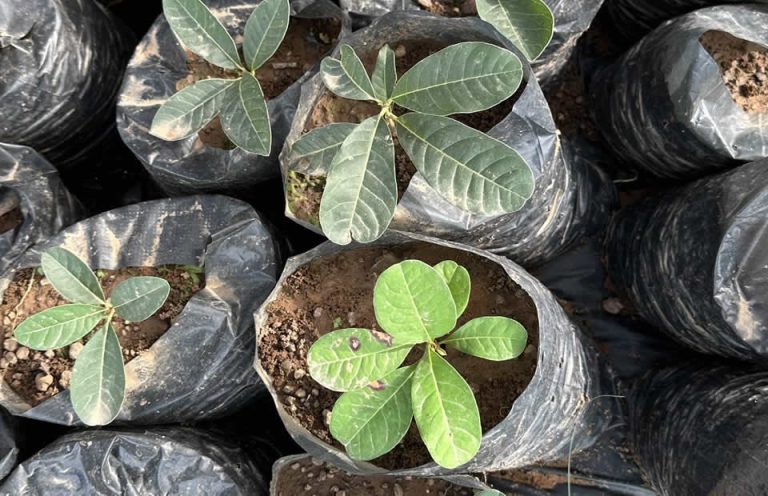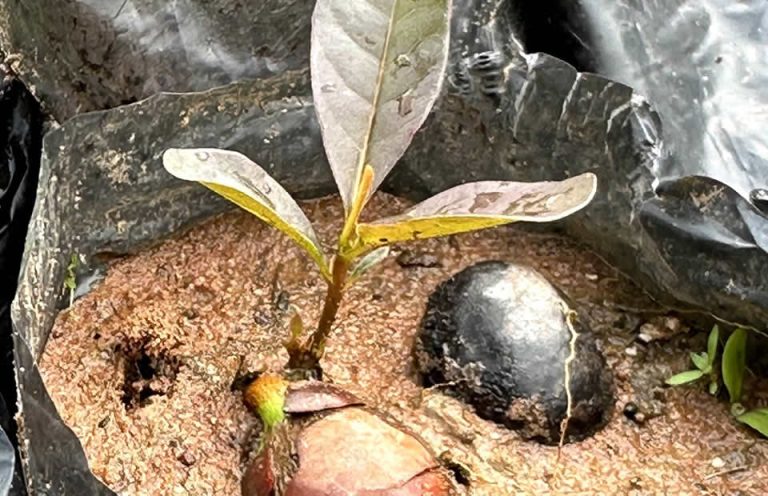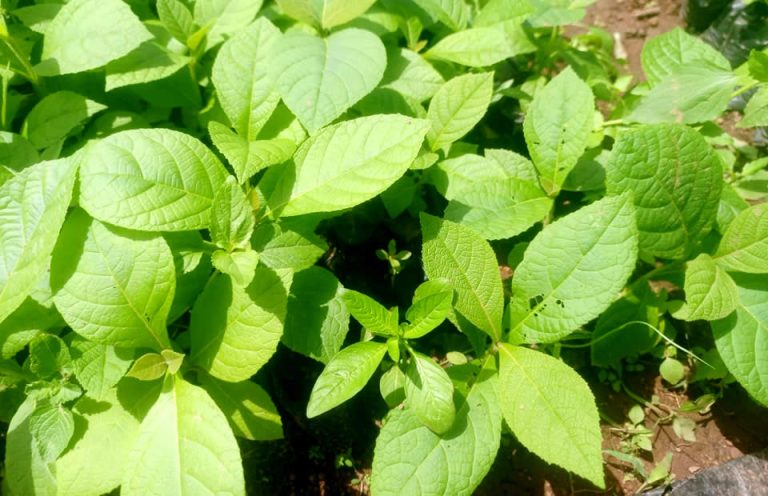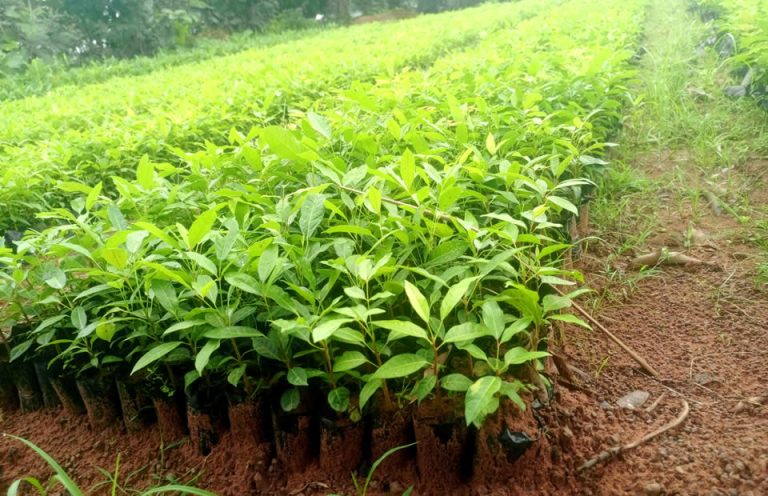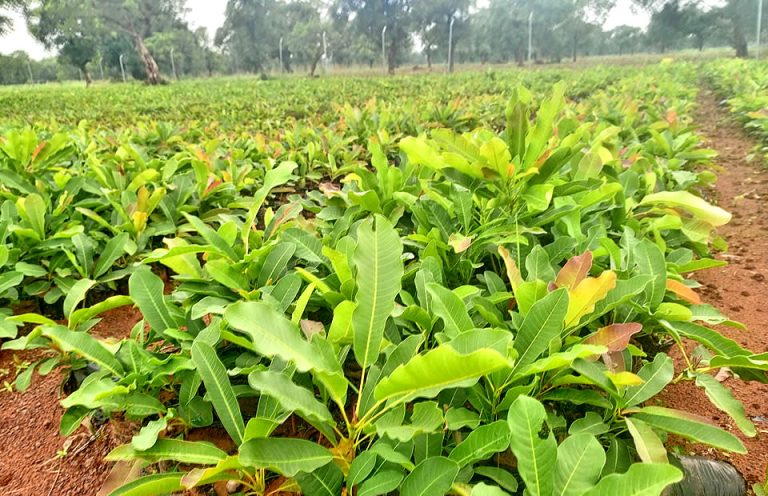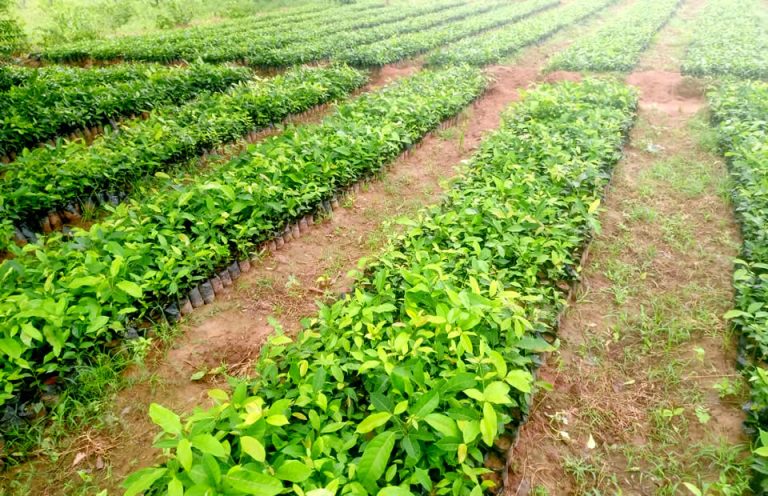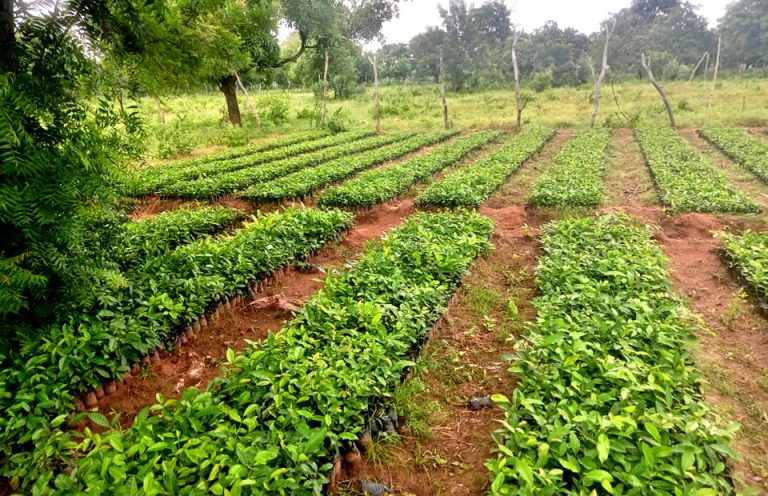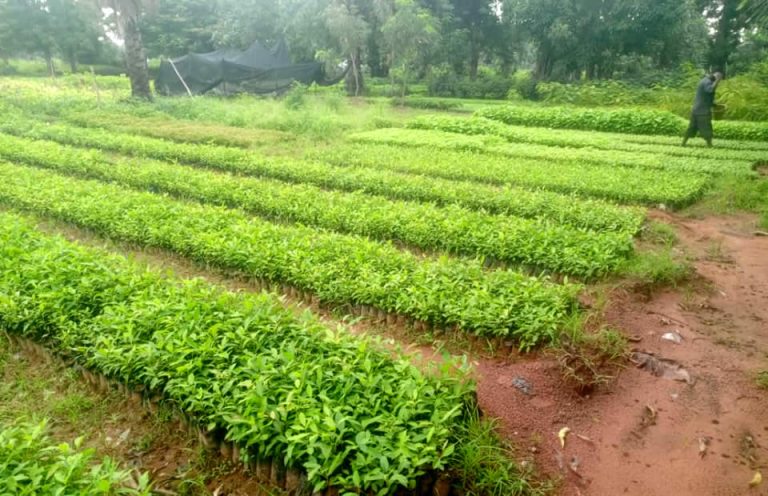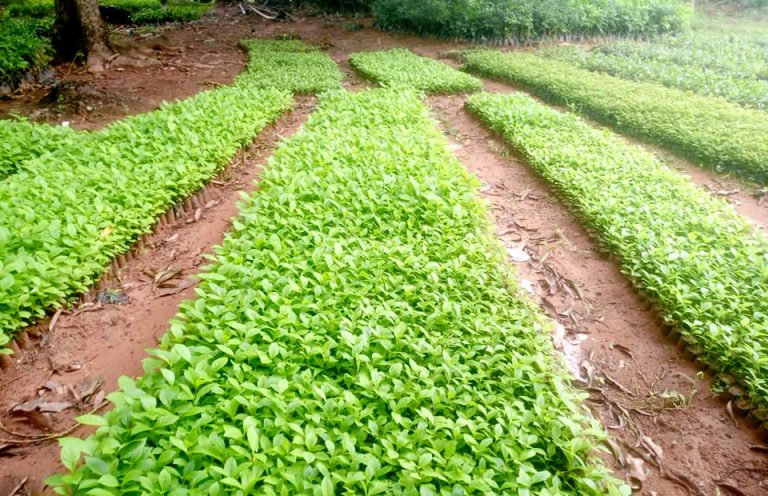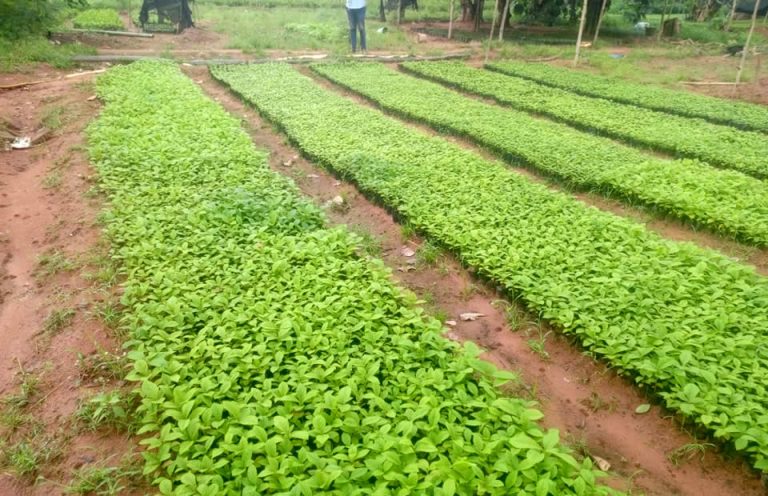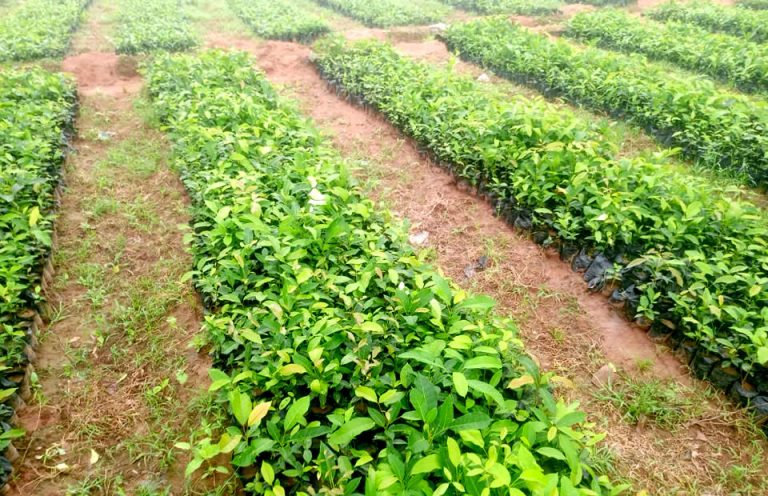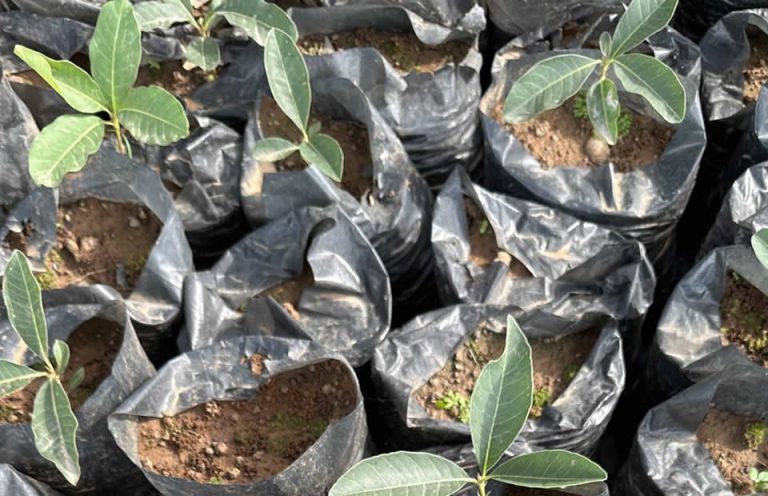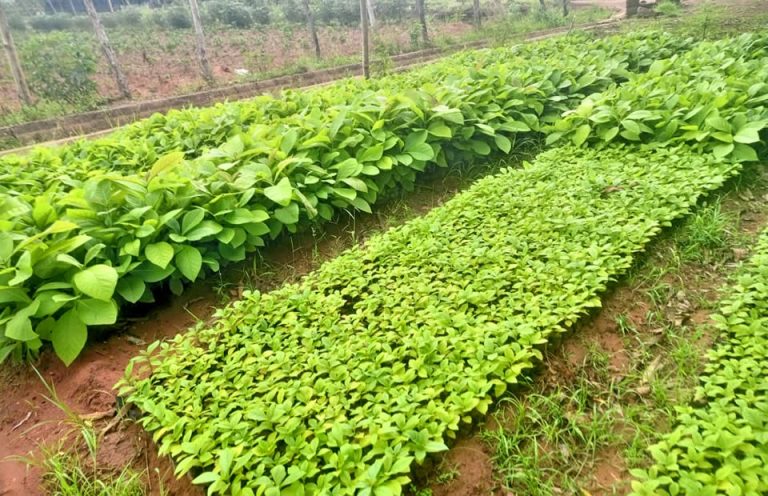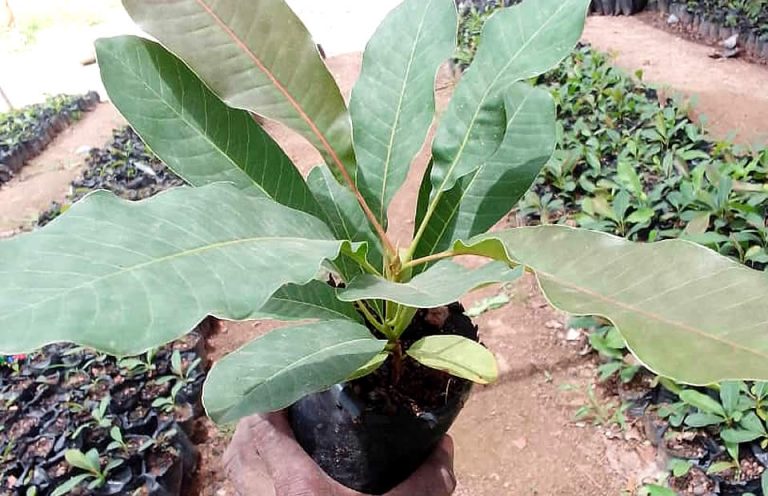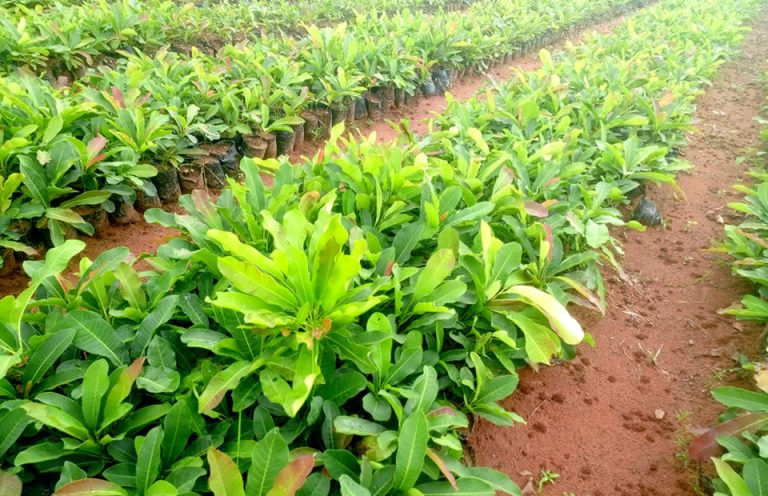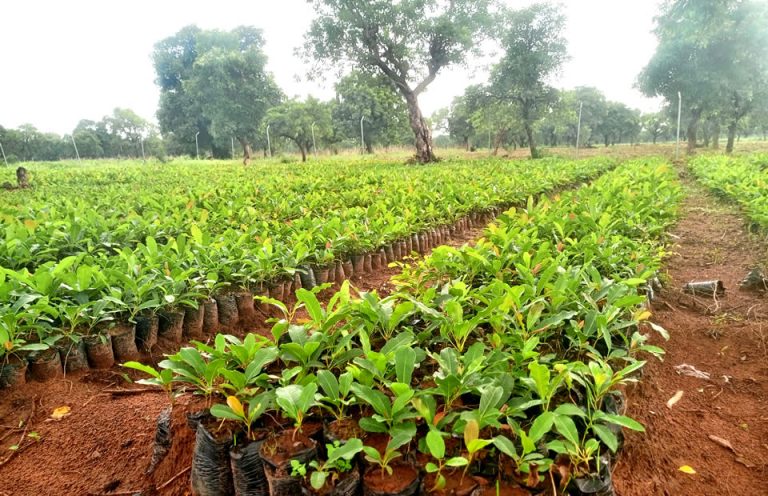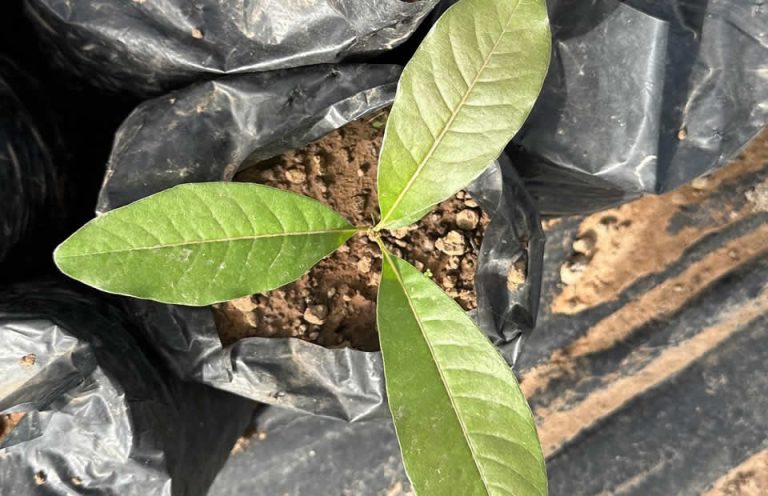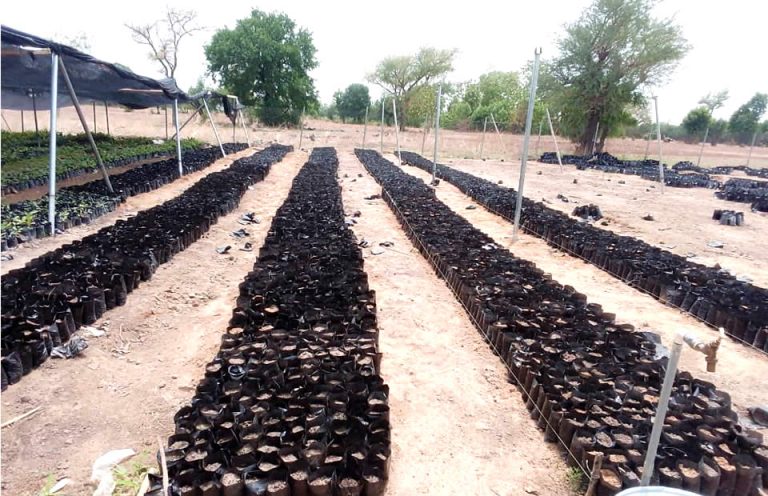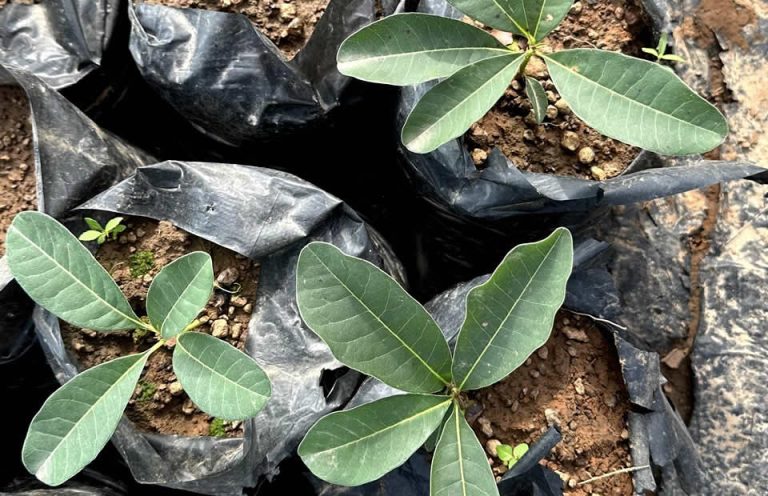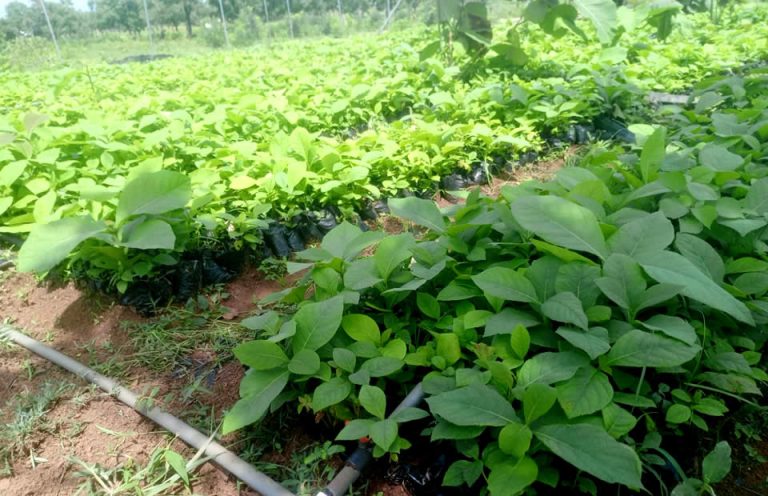PROJECTS
Ghana Shea Landscape Emission Reductions Project - GSLERP
The Ghana Shea Landscape Emission Reductions Project (GSLERP) is a national initiative under Ghana’s REDD+ framework that aims to reduce emissions from deforestation and forest degradation while enhancing sustainable livelihoods across shea-producing landscapes in the northern savannah zone.
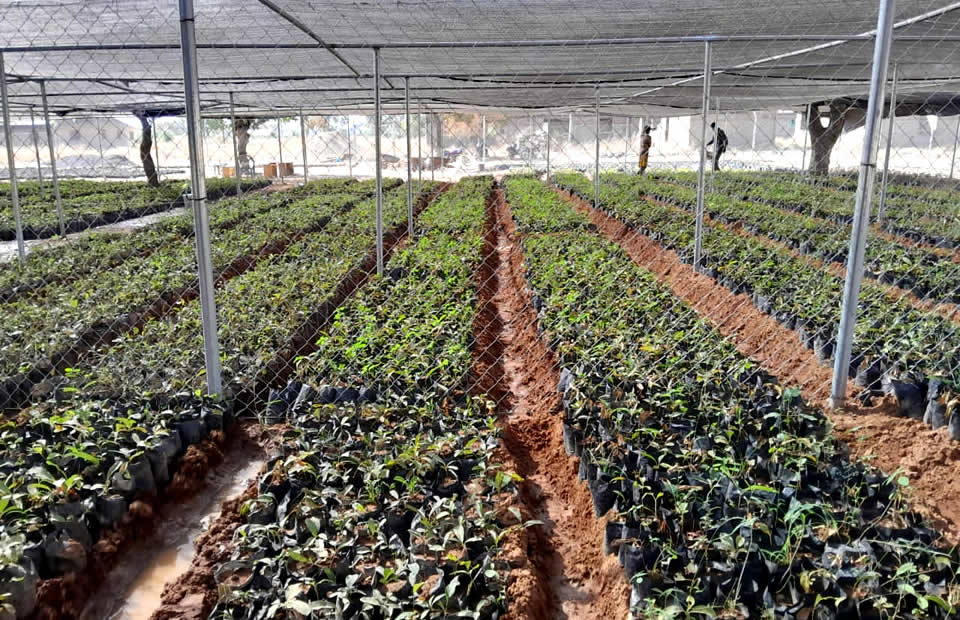
GSLERP
It combines climate action with economic development by focusing on restoring degraded lands, strengthening the shea value chain, and empowering local communities—especially women who are central to the shea economy.

The core goals of GSLERP are to curb forest loss through sustainable land stewardship, promote inclusive economic participation by advancing the role of women in the shea sector, and optimize value chain systems by improving infrastructure, aggregation, and access to markets.
Additionally, the project supports land restoration and climate adaptation efforts that increase ecological resilience, while contributing to Ghana’s nationally determined climate targets under the Paris Agreement
GSLERP is implemented through a multi-stakeholder partnership led by the Forestry Commission of Ghana, with support from the Green Climate Fund (GCF), UNDP, Global Shea Alliance (GSA), Private sector partners and NGO’s
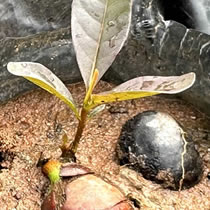
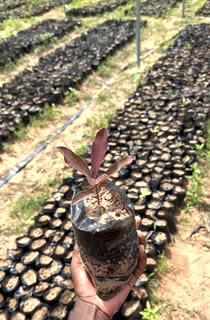
Our Impact in the Shea Landscape: Building Resilience from the Ground Up
ROLE OF GBF
Our work under the Ghana Shea Landscape Emission Reductions Project (GSLERP) is delivering real, measurable change for women, communities, and the environment. Here’s what we’ve achieved together:
Supply of 1,850,000 seedlings
Green Bliss Foundation proudly celebrates its role as an implementing partner in the successful supply of 1,850,000 high-quality seedlings under the Ghana Shea Landscape Emission Reductions Project (GSLERP).
This milestone marks a significant contribution to Ghana’s national reforestation efforts, climate resilience, and sustainable land management goals. By delivering a diverse mix of native tree, and agroforestry species, Green Bliss Foundation is playing a vital role in restoring degraded savannah landscapes and reviving shea parklands across the project zones.
The Foundation’s achievement is rooted in a robust seedling production strategy that emphasized quality control, community engagement, and ecological sustainability. Working closely with trained youth groups at our local nurseries, Green Bliss Foundation ensured that all seedlings met rigorous standards for viability and adaptability. These efforts have enhanced survival rates post-transplanting and laid a strong foundation for long-term forest regeneration, carbon sequestration, and biodiversity recovery in northern Ghana.
We extend our gratitude to the Forestry Commission, UNDP, and other partners for their collaboration in this impactful national initiative

